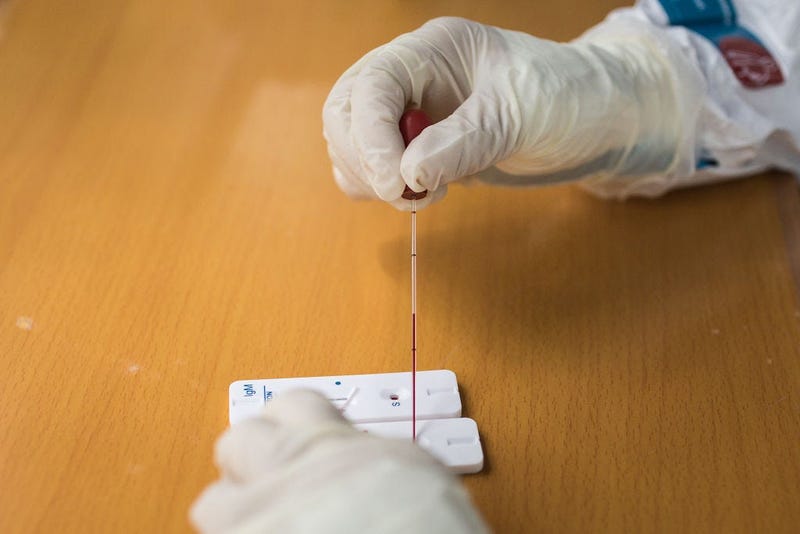
KYW Newsradio’s Medical Reports are sponsored by Independence Blue Cross.
It is important to note that in very few cases, individuals who have been diagnosed and tested positive for COVID-19 illness still have not developed antibodies to the virus.
If you have a positive result you have COVID-19 antibodies in your blood, this means you might have some immunity or protection from being reinfected. However, the degree to which those antibodies protect you and how long they last is currently unknown.
And some people who have been exposed to the virus will develop antibodies even if they’ve never felt sick.
With or without antibodies, it is important you follow your doctor’s instructions.
